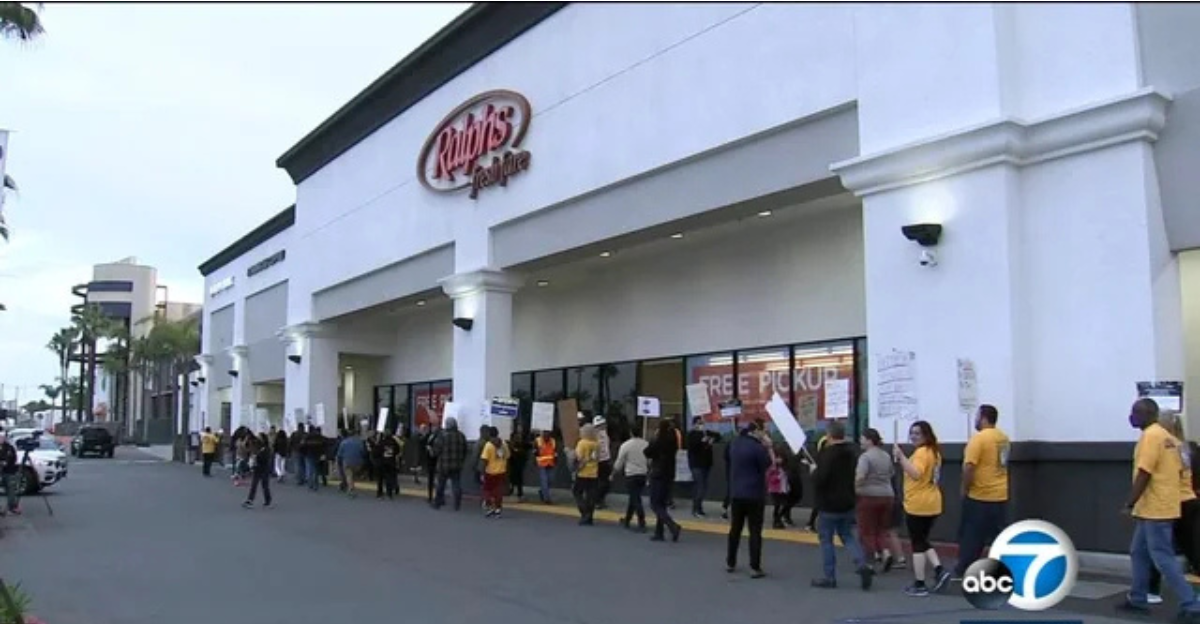
Imagine walking into a grocery store and just noticing immediately that something is just off. The doors slide open, but that’s just about it.
Why? The store is eerily quiet. No one greets you…well that’s because there’s no staff there to attend to you. Other shoppers, just as confused as you are, are peeking down the aisles, whispering.
You check your phone. Nothing. No alerts. No news. Then someone mutters what everyone’s thinking: Where is everybody?
They Didn’t Quit. They Vanished.

Where’s everybody? Did they just “vanish”? Well that’s what it looks like. No warning. No signs. Just workers who were there one minute and gone the next. Registers left blinking. Half-unloaded pallets in the back. A single apron crumpled near the breakroom door. Whatever this was, it wasn’t sloppy. It was coordinated. Clean. It was a message. Silent, but very loud.
This Wasn’t One Store. It Was Several
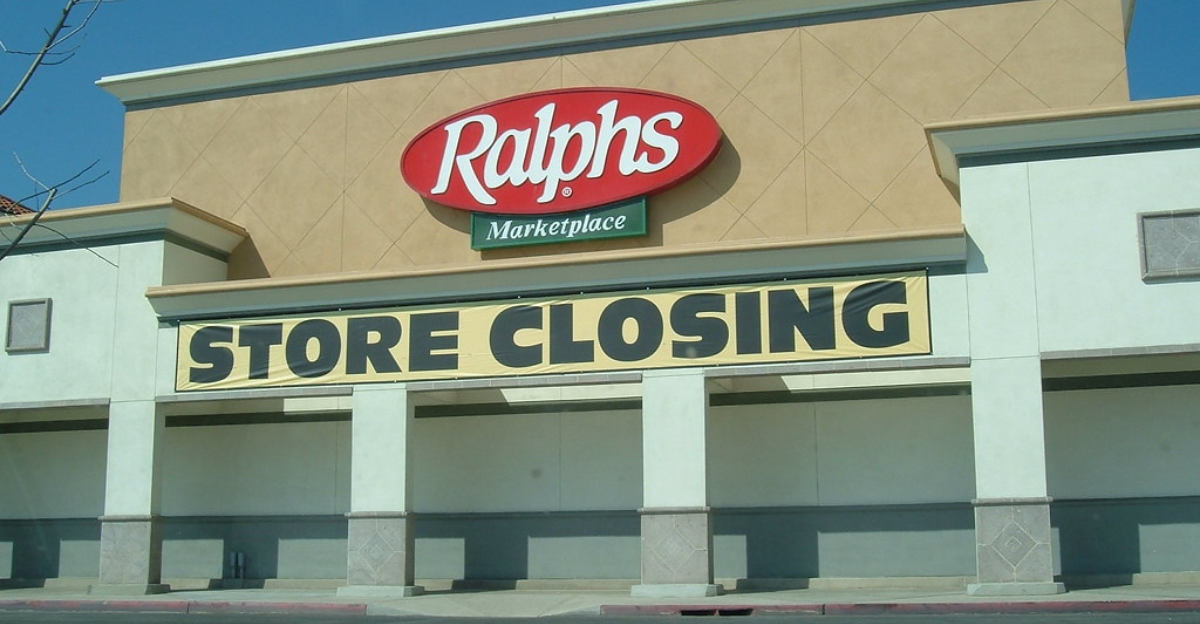
At first, people thought it was a glitch. A fluke. But then more doors stayed shut. Different cities. Same eerie quiet. Ralphs in one neighborhood. Food 4 Less in another. All under the same corporate umbrella. One by one, lights stayed on, sure, but nobody showed up to flip the switches.
So What Really Happened? And Who Got Burned?
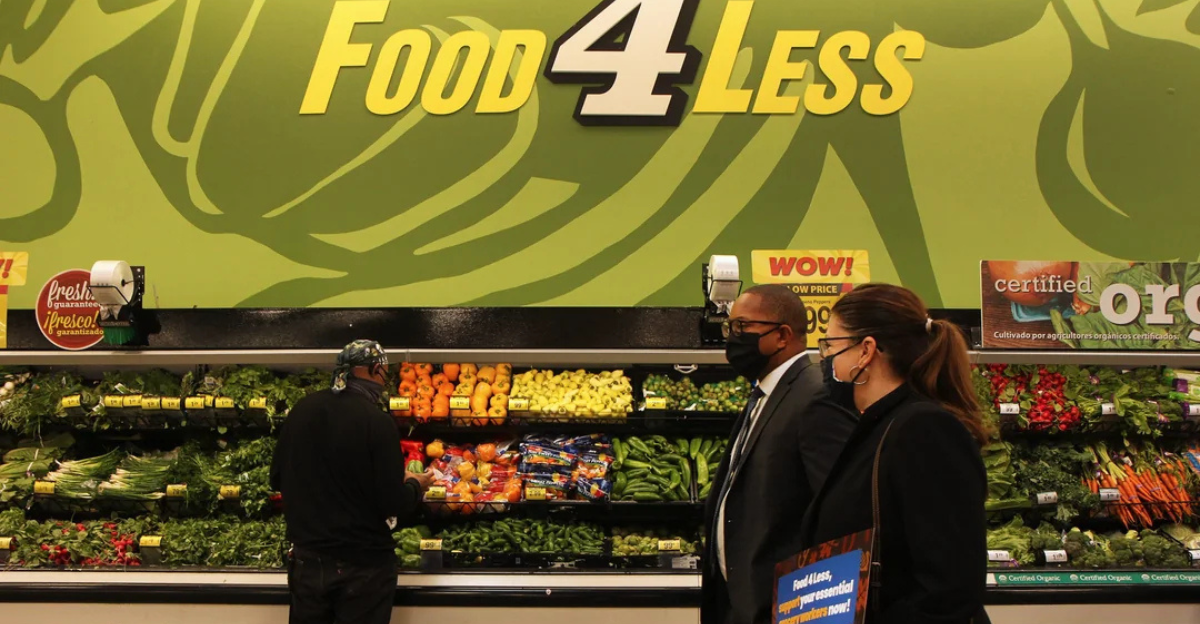
Behind the locked doors and quiet aisles sat a name with deep pockets: Kroger. The parent company behind both Ralphs and Food 4 Less. It wasn’t a power outage. It wasn’t a tech issue. It was a walkout. And not just a few people. Entire teams stood up and left. A well coordinated walkout.
The Company Spoke. But Hardly Anyone Was Listening
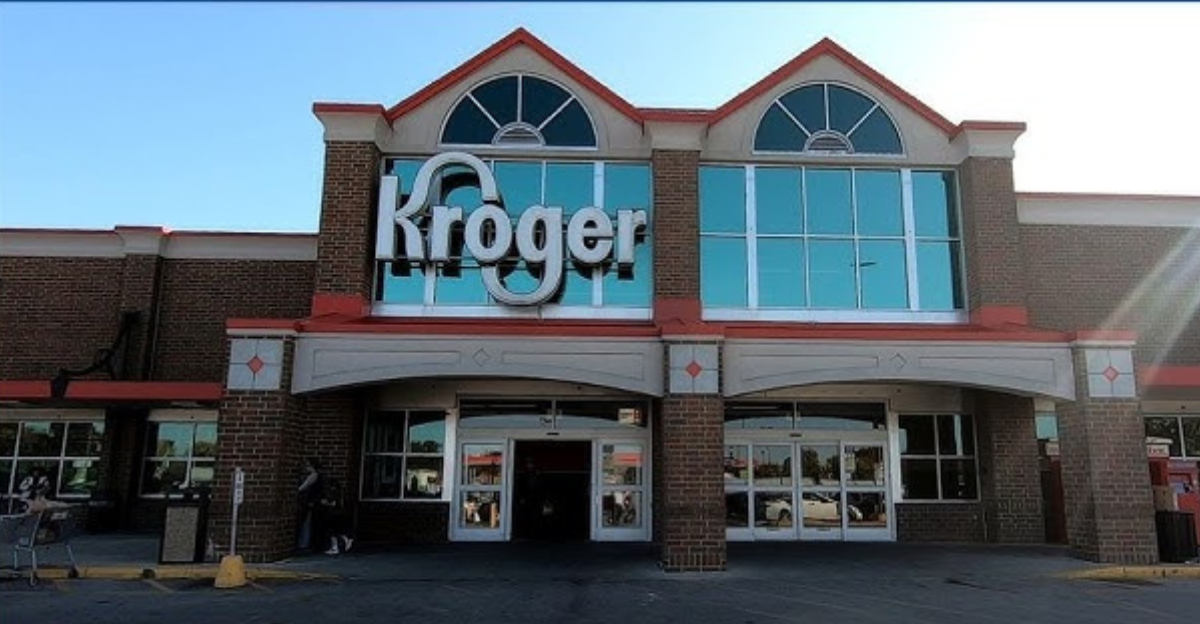
Kroger called it “an isolated incident.” Said operations were being reviewed. Promised swift resolution. But the stores stayed dark. And the public was too busy sharing footage of empty aisles and unmanned counters to care about spin. The company talked. The internet rolled its eyes and kept scrolling.
This Fire Didn’t Start Last Week
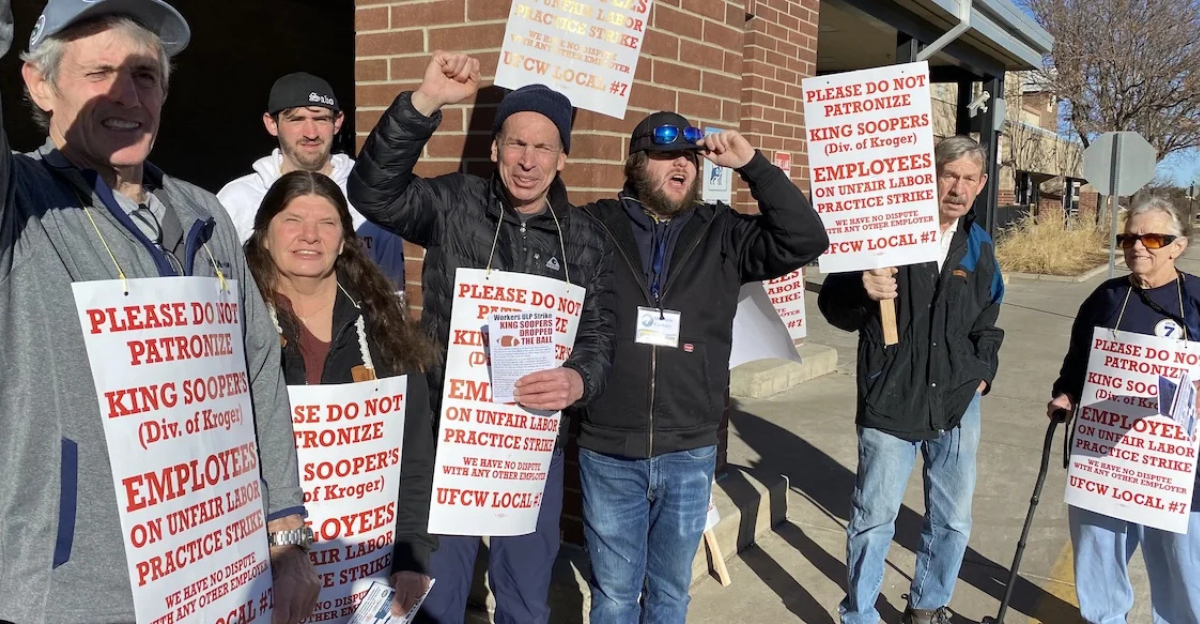
The fuse was long. Years of low wages. Packed schedules. Security concerns brushed aside. Workers had been sounding alarms; but quietly, cautiously, they couldn’t take it anymore, and then, boom! Is this the final spark? Still unclear. But one thing’s certain: this wasn’t about one bad shift. It was about every ignored shift that came before it.
No One Was Left to Pick Up the Pieces
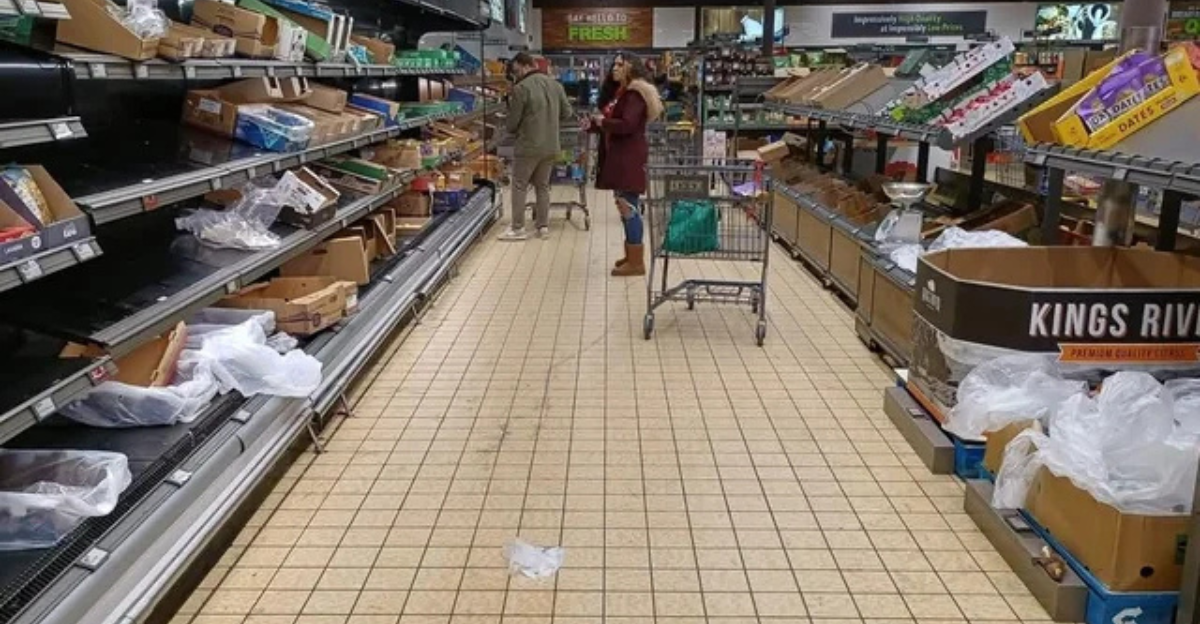
When the walkouts hit, stores didn’t have a plan. Managers were stranded, texting higher-ups who had no answers. Customers wandered. Deliveries backed up. Trash bins overflowed. It was like a ghost town frozen mid-shift. The kind of mess that shows just how much the “invisible” workers actually hold together.
Kroger Didn’t See It Coming. Or Maybe Pretended Not To
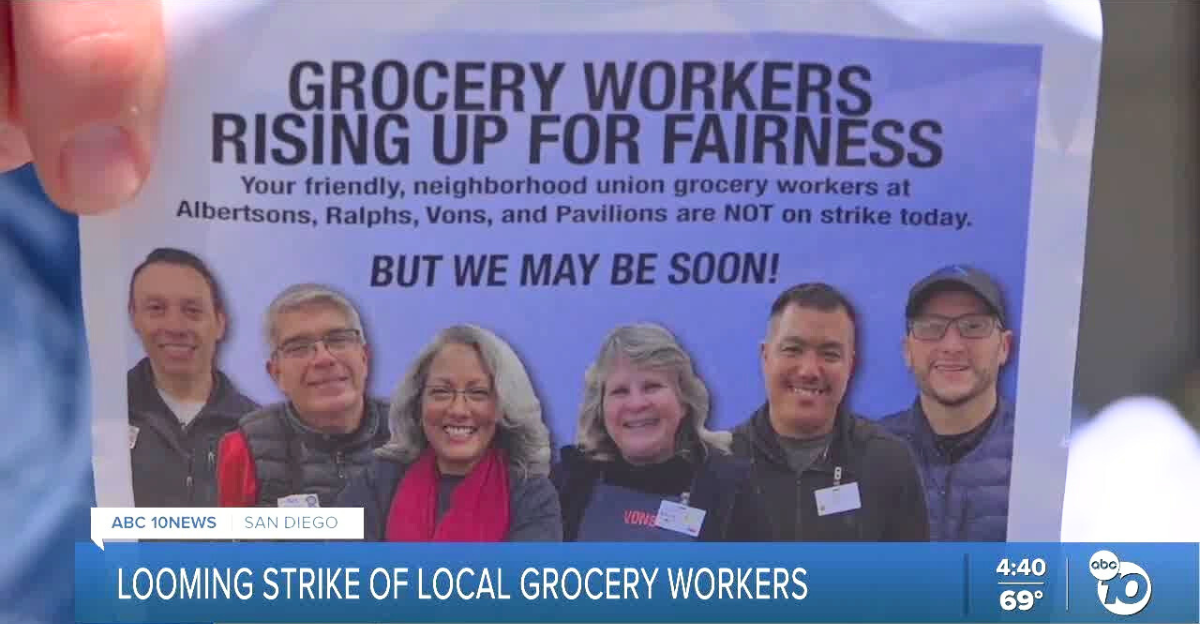
You’d think a company this big would notice the rumble. But somehow, all the signs went ignored. Or maybe they just didn’t care to look. Workers had been organizing quietly. Talking in breakrooms. Planning after hours. By the time the doors slammed shut, Kroger was already five steps behind.
The Quiet Hand Guiding the Walkout

This walkout wasn’t spontaneous rage. It was strategy. Union reps had been circling for months, gathering stories, documenting conditions, offering options. Not everyone joined. But enough did to make an impact. The goal wasn’t to shout. It was to leave a void so loud it couldn’t be ignored. And it worked.
This Wasn’t Just About Pay
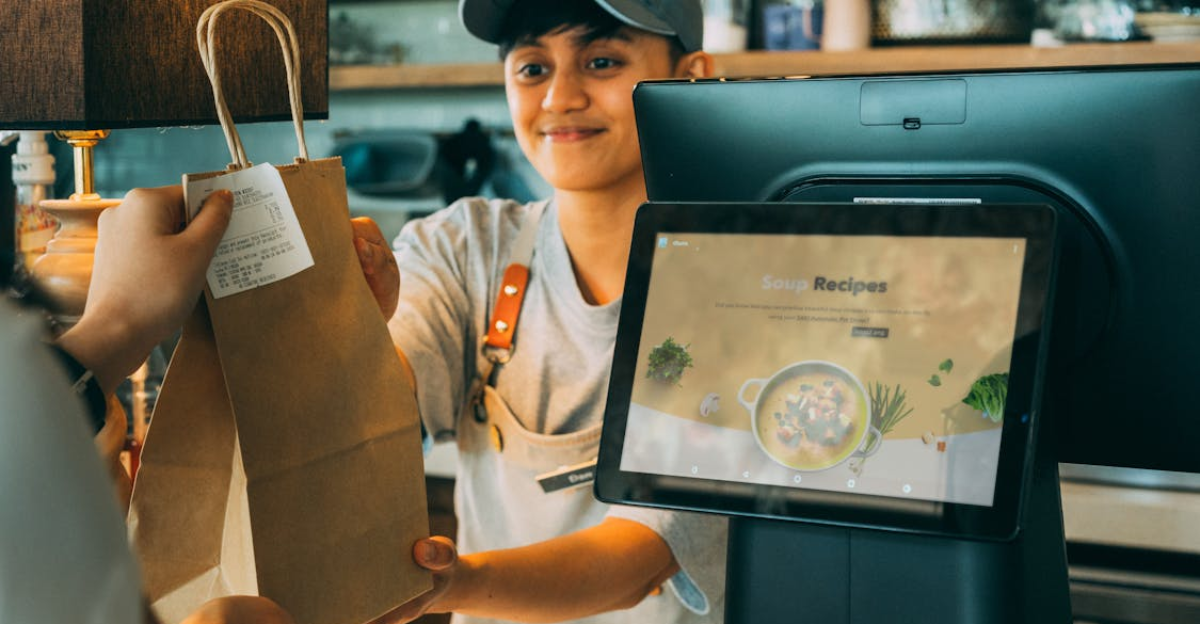
Yes, wages were part of it. But listen closely and you’ll hear more: dignity, safety, the right to take a lunch break without begging. Workers didn’t just want more money. They wanted to stop feeling like parts of a machine. They wanted to feel like people again.
Customers Were Caught in the Middle

People came for groceries and found locked doors. Some knocked. Some cursed. Some pulled out their phones and started filming. But as details leaked out, the mood shifted. Frustration turned into curiosity. Then sympathy. A few even left handwritten notes and taped it to windows, thanking the workers for standing up.0
Corporate Tried to Spin It. But the Internet Was Watching

Kroger released a carefully polished statement. Words like “valued team members” and “operational disruptions” floated across screens. But online, the narrative was already moving. Videos. Testimonies. Screenshots of empty break rooms. People weren’t waiting for a press release. They were watching the story unfold in real time. And they were telling their own versions too.
TikTok Did What the News Didn’t
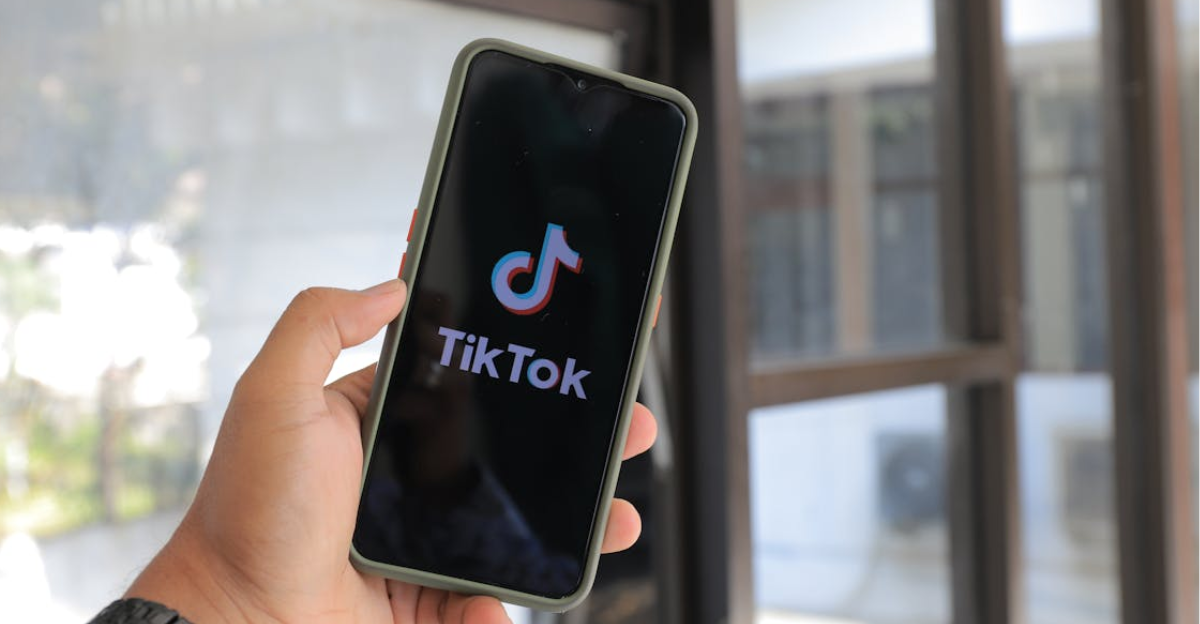
In under 60 seconds, videos from inside the empty stores spread like wildfire. Cash registers left blinking. Coolers humming with no one to restock them. Workers explaining why they walked.
There were no anchors, no polished suits. All we had (and needed) was raw, shaky footage, and truth. By the time headlines caught up, the internet had already chosen a side.
Whispers in Break Rooms Across the Country
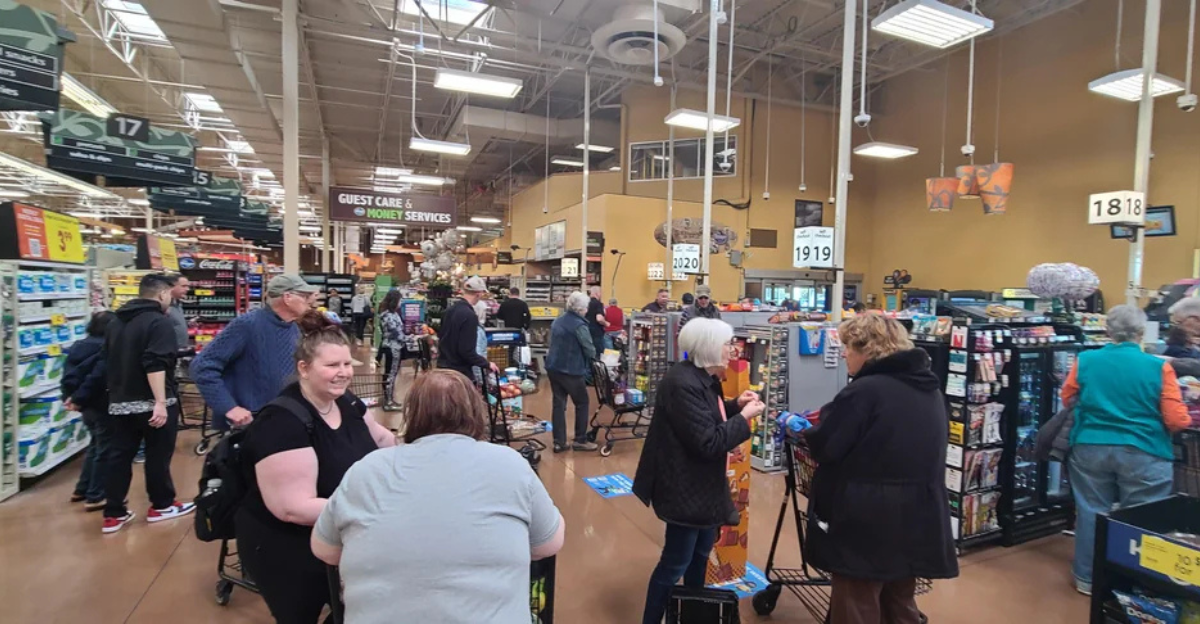
Other workers started watching closely. In different cities. Different chains. Quiet glances. Quiet questions. Could we do this too? What if we all walked out? The idea didn’t seem crazy anymore. It felt possible. That’s what Kroger never counted on: the way one act of defiance could ripple outward.
Kroger Has Danced This Dance Before
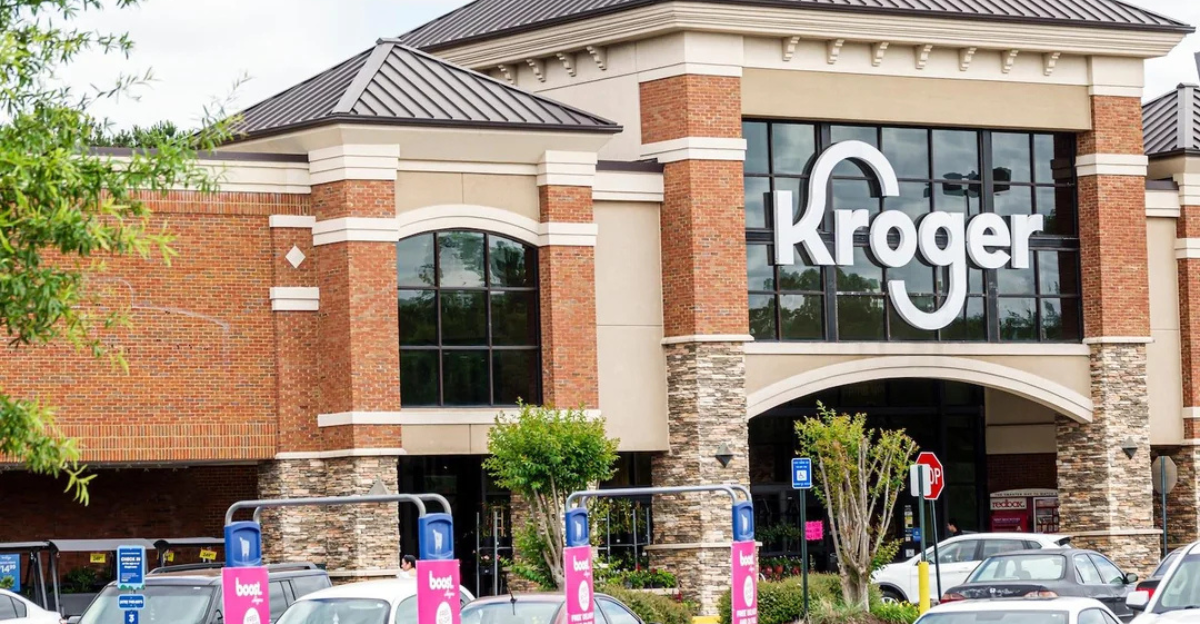
This isn’t the company’s first scuffle with its workforce. Past strikes. Past lawsuits. Past promises scribbled on HR pamphlets and quietly forgotten. But something about this moment feels different. Less scripted. Less controllable. This time, the workers didn’t wait for permission. They just left. And let the silence speak.
Some Workers May Never Go Back

For a few, this was the final straw. They’re done. Applications sent elsewhere. Aprons tossed in trash bins. Others are waiting and watching how Kroger reacts. But nobody’s forgetting how fast the company scrambled once the stores went quiet. That memory won’t fade, no matter how sweet the next offer sounds.
Union Leaders Are Just Getting Warmed Up

Organizers aren’t treating this as a one-time stunt. They’re calling it proof of concept. A successful blueprint. The first crack in a very big wall. Behind closed doors, plans are already moving. Bigger cities. Bigger numbers. Kroger might’ve treated this like a fire drill. But for unions, this was ignition.
The Panic Inside the Boardroom

While shoppers stood outside, executives scrambled inside. They made emergency calls and had their closed-door meetings. HR scripts being rewritten mid-sentence and lots of shake ups. The question echoing through corporate halls wasn’t just “How did this happen?” It was, “What if this spreads?”
Other Companies Are Paying Attention

Across the retail world, managers are suddenly listening more carefully. Watching their own workers a little closer. No one’s saying it out loud, but the fear is real. If it happened to Kroger, who’s next? Because when an entire workforce disappears overnight, it sends a message that travels fast.
The Day the Grocery Store Fought Back
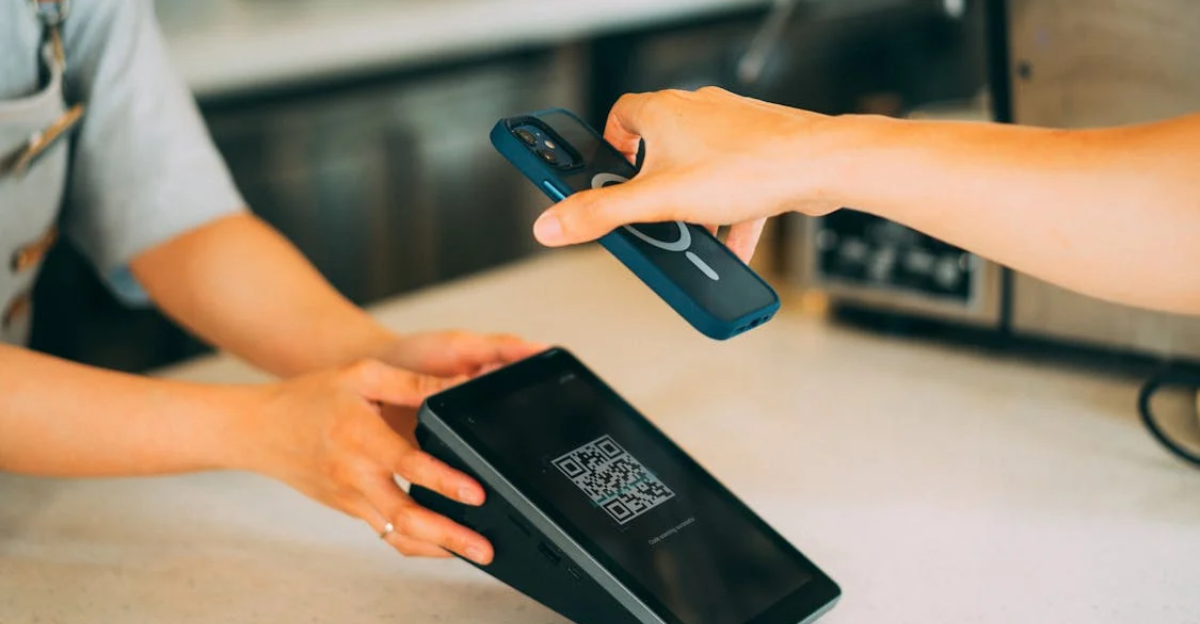
It didn’t look like a revolution. There weren’t signs or chants or dramatic speeches. Just… nothing. Empty floors. Scanners blinking. Milk sitting in crates. And somehow that said everything. These workers (cashiers, stockers, deli folks) just left. Quietly. On their own time. And weirdly, it worked. No drama, no permission, just this beautiful, defiant quiet that shook the whole building. And maybe that’s the part no one saw coming. That silence could shout. That a grocery store (of all places) could fight back. And win a little.
This Story Isn’t Over
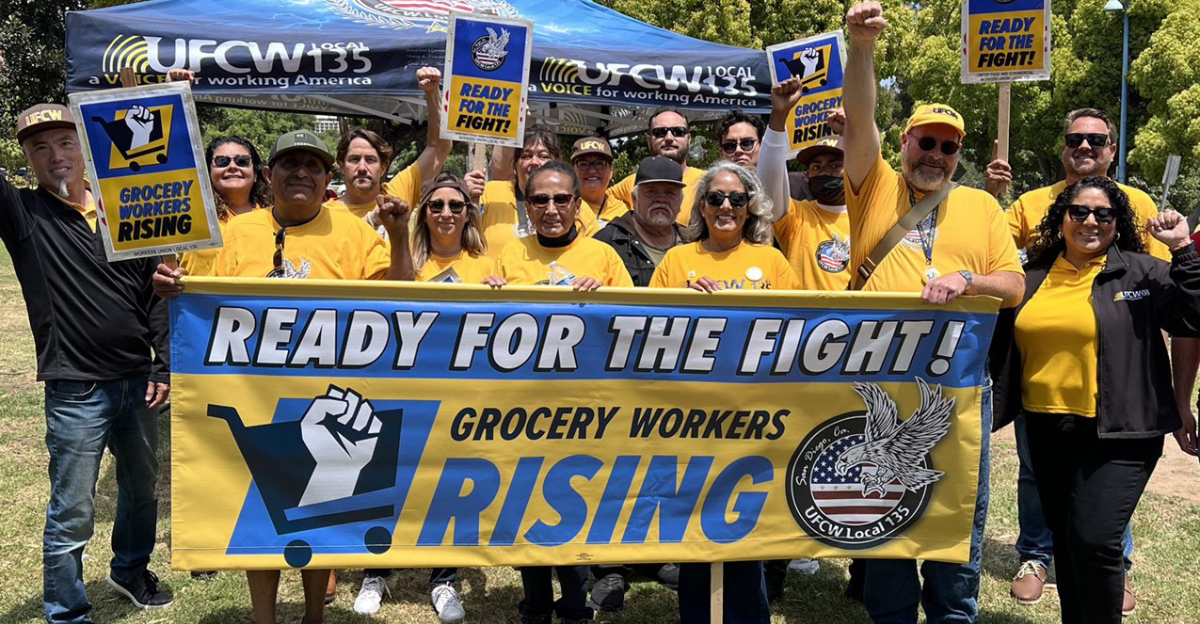
The stores might reopen. The lights might flicker back on. But something’s shifted. The workers know their worth now. The public saw what happens when they vanish. And Kroger? Kroger knows it too. The headlines will fade, but behind every aisle, every checkout lane, something lingers unspoken, unresolved, and still burning.
Discover more DIY hacks and style inspo- Follow us to keep the glow-up coming to your feed!

Love content like this? Tap Follow at the top of the page to stay in the loop with the latest beauty trends, DIY tips, and style inspo. Don’t forget to share your thoughts in the comments — we love hearing from you!